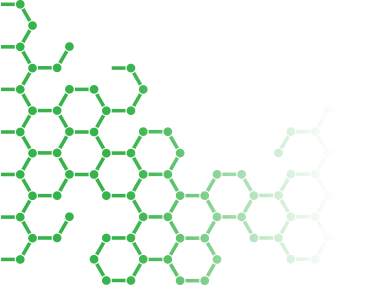2021/01/12
Femtopath citation update-13
Cedrol suppresses glioblastoma progression by triggering DNA damage and
blocking nuclear translocation of the androgen receptor
Author
Kai-Fu Chang, Xiao-Fan Huang, Jinghua Tsai Chang, Ya-Chih Huang, Jun-Cheng Weng and Nu-Man Tsai
Abstract
Glioblastoma (GBM) is the most common and aggressive primary brain tumor with great invasiveness and resistance to chemotherapy, which presents a treatment challenge. In this study, we investigated the antitumor effect of Cedrol, a sesquiterpene alcohol isolated from Cedrus atlantica, against GBM cells in vitro and in vivo. Cedrol was found to potently inhibit cell growth and induce intracellular ROS generation and DNA damage response. In addition, Cedrol induced significant G0/G1 cell cycle arrest and cell apoptosis via the extrinsic (Fas/FasL/Caspase-8) and intrinsic (Bax/Bcl-2/Caspase-9) pathways. In addition, Cedrol had a synergistic effect with temozolomide (TMZ) and reduced drug resistance by blockage of the AKT/mTOR pathway. Cedrol suppressed tumor growth in both orthotopic and xenograft GBM animal models with low or no short-term acute toxicity or long-term accumulative toxicity. In a molecular docking study, Cedrol targeted the androgen receptor (AR), and reduced DHT-mediated AR nuclear translocation, downstream gene KLK3/TMPRSS2 expression and cell proliferation. Our study demonstrates that Cedrol may be a potential candidate for drug development for single or combination treatment with TMZ in GBM therapy.
Keywords
Cedrol, Glioblastoma, Androgen receptor, DNA damage, Temozolomide
Reference
Cancer Letters Volume 495, 28 December 2020, Pages 180-190





